A Guide to Types of Bananas
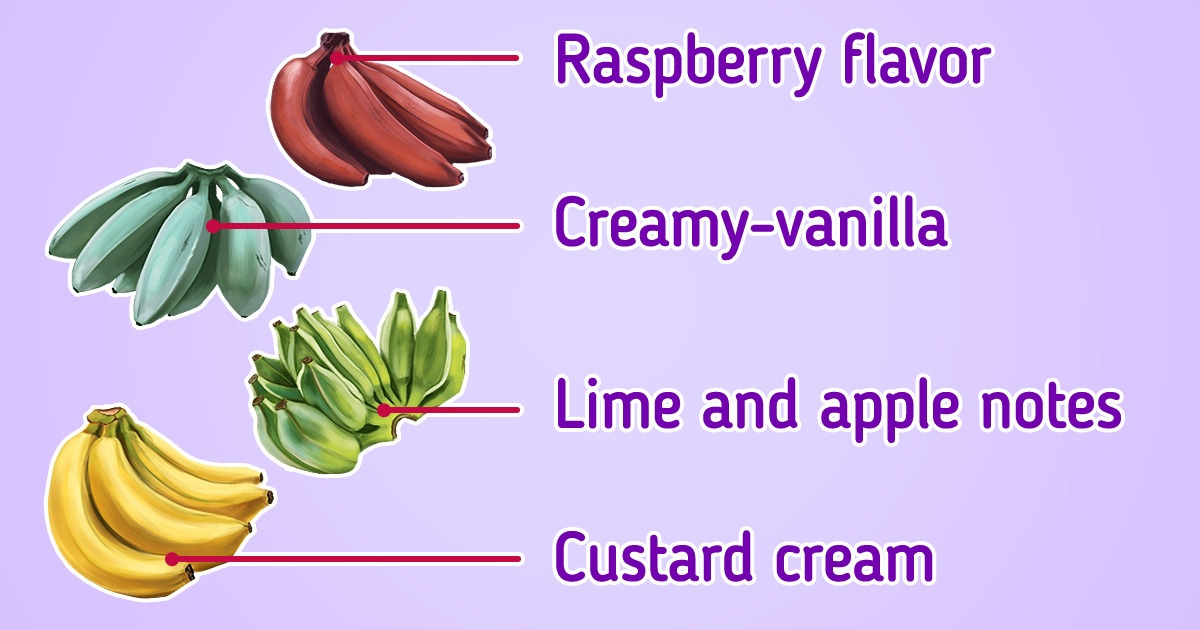
Bananas are a very popular fruit. We usually only see a few types at grocery stores. However, there are a lot of different types of bananas we never even thought existed.
5-Minute Crafts is going to tell you about different types of bananas and how they differ.
Cavendish
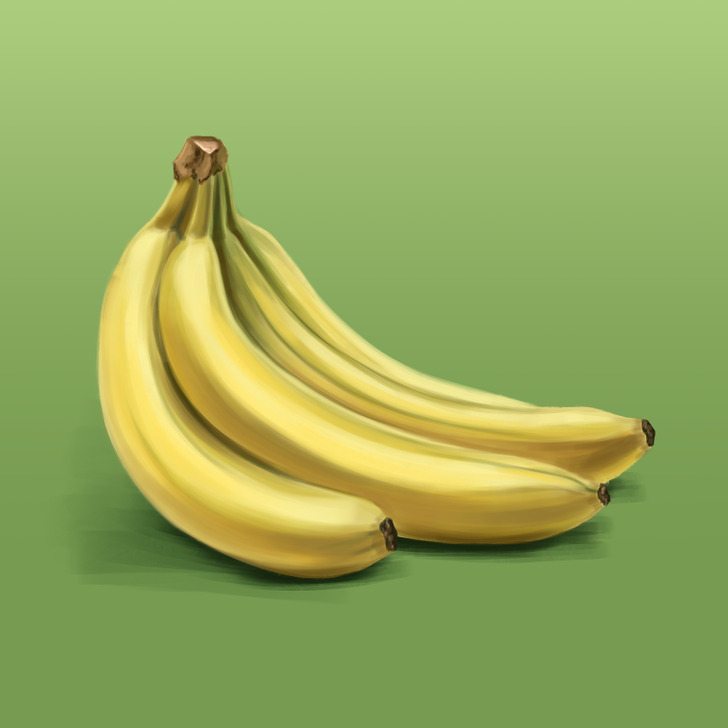
Cavendish is the most popular banana variety. This is what we mostly see in supermarkets. Cavendish are long yellow bananas. They are slightly sweet and have a creamy texture.
They have various stages of ripening. Unripe bananas are green, and ripe ones are tender yellow but still firm. Later, they get dark yellow and get covered with brown spots.
Cavendish can be added to cocktails, pancakes, and used for banana bread.
Red
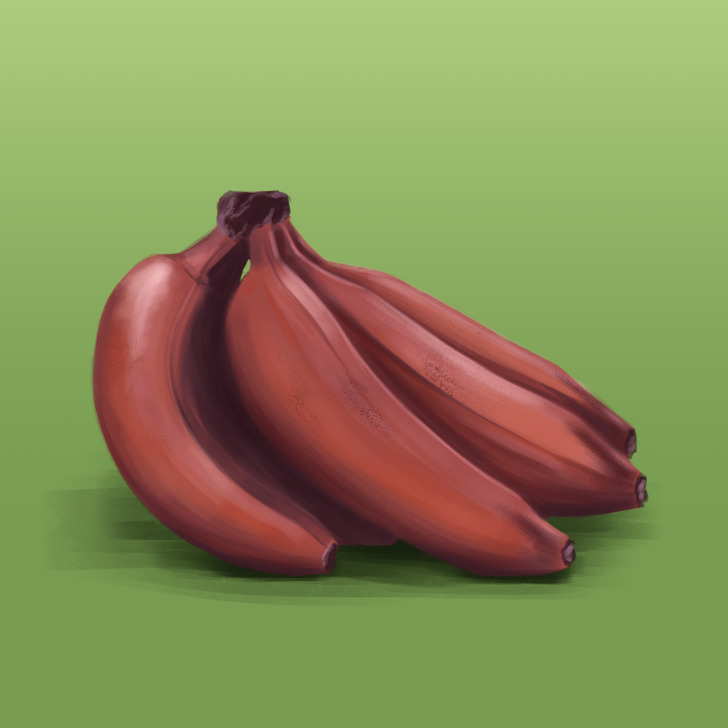
Red bananas have a reddish-purple skin that gets yellow-orange as they ripen. The flesh is light pink and has a slight raspberry flavor. Red bananas are much sweeter and softer than Cavendish.
These bananas are eaten fresh or added to fruit salads and other desserts. They are also good for frying and baking. This variety can be stored for a long time and costs more than most other types.
Blue Java
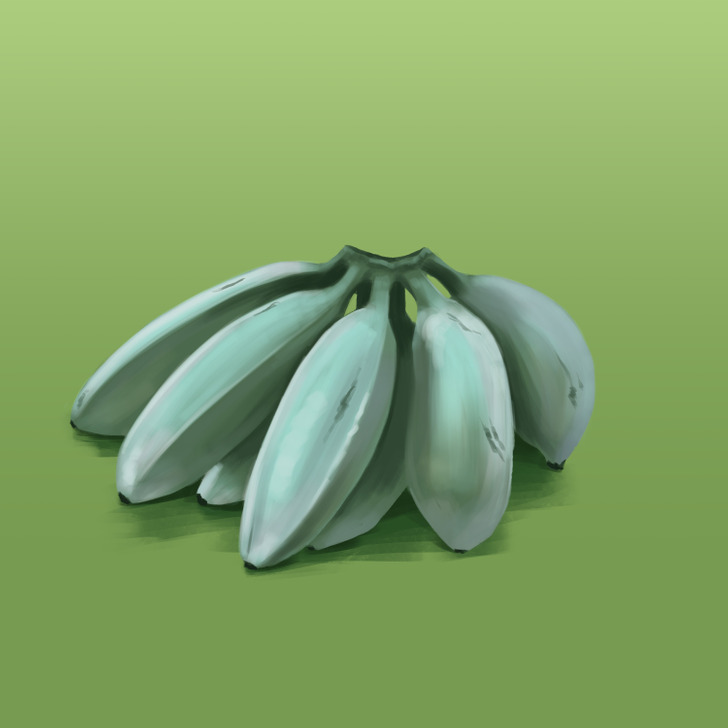
Apple
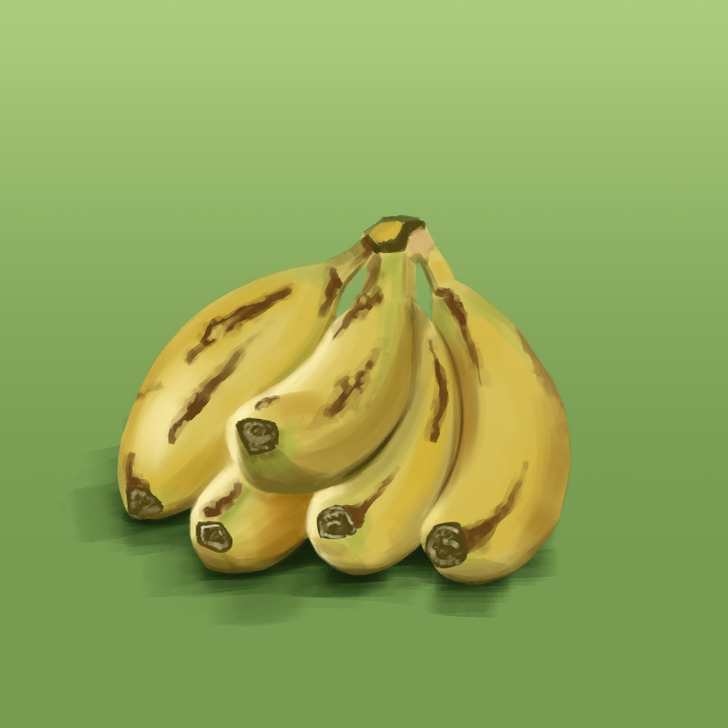
Apple bananas are about half the size of typical bananas. When they ripen they have a yellow color with dark spots. And the pinkish flesh is incredibly sweet and relatively firm.
Ripe apple bananas can be eaten fresh, fried, and baked. They are perfect for snacks and desserts because they don’t get dark as fast as other types.
Pisang Raja
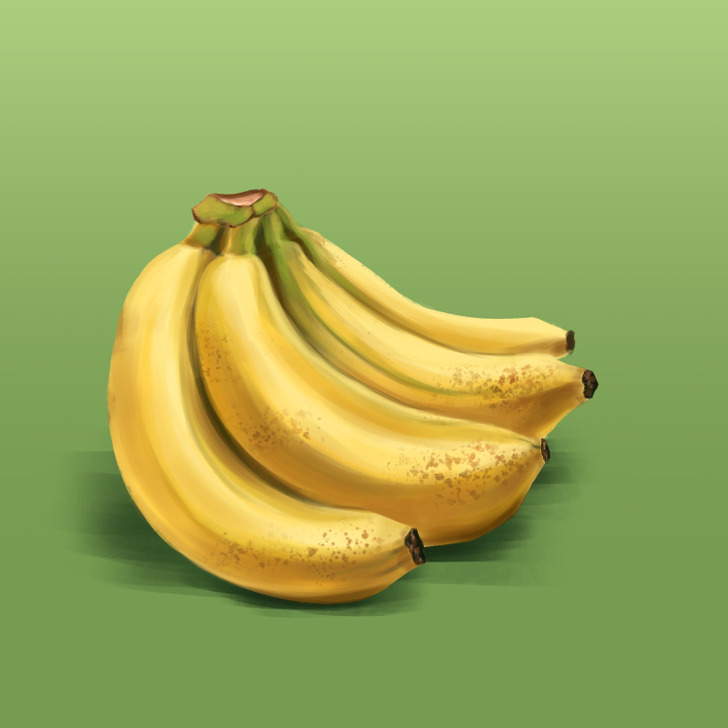
The Pisang Raja variety is very popular in Indonesia but it’s very hard to transport, so you won’t see many of them in other countries. They are a bit smaller than Cavendish, averaging 4 to 6 inches in length. The color varies from yellow to orange. The flesh is creamy.
They taste like honey-flavored custard and are often used to make banana fritters.
Lady finger
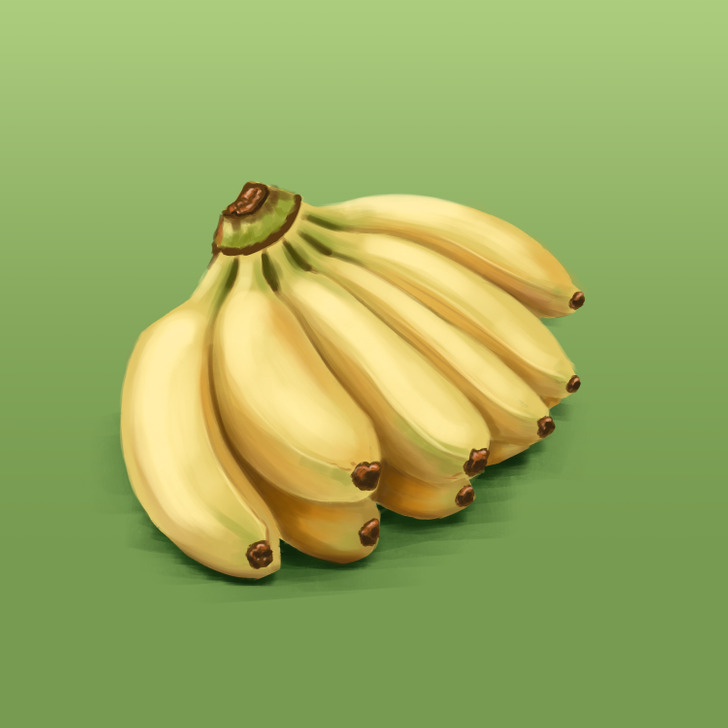
Lady finger are small, short bananas. No more than 5 inches in length, they have a light yellow, thin peel, and white flesh.
They have a sweet creamy, honey-like flavor. They can be eaten fresh, added to desserts and smoothies, and baked. Overripe ones can be used for banana bread.
Fehi
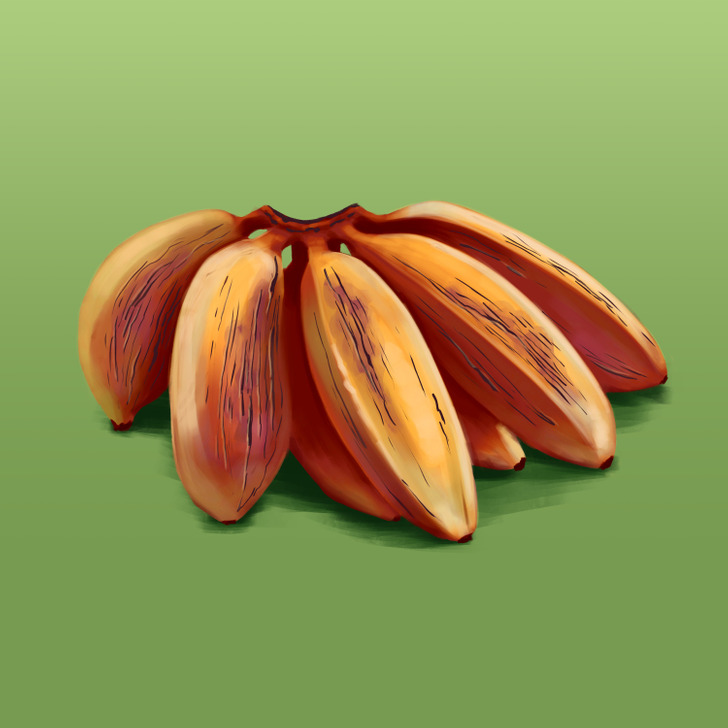
The peel color of the Fehi variety can be orange and red, and the flesh can be yellow or orange. This type is famous for its nutritional value and contains a lot of beta-carotene.
Fehi contains very little sugar and lots of starch, which is why they have an astringent taste, and cannot be eaten raw. It’s better to boil or bake them.
Praying Hands
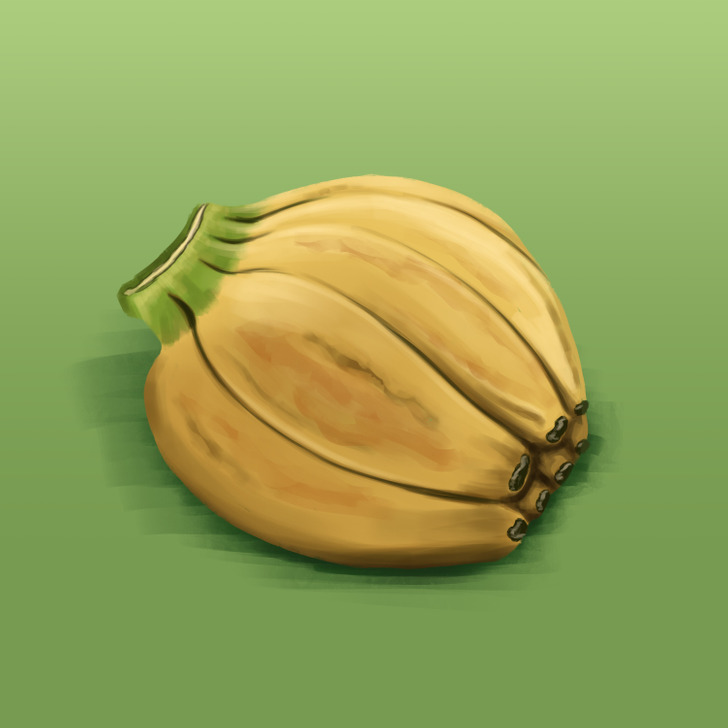
Praying Hands are named so because of their appearance, since 2 adjacent “hands” remain fused to one another, looking like a pair of praying hands.
The unripe fruits are green, and they become yellow with dark spots as they ripen. The flesh is yellow-white with a firm, starchy texture.
Praying Hands have a vanilla flavor. They are not as sweet as many other varieties. It’s better to cook these bananas only when they become fully ripe. Overripe ones can be eaten fresh.
Burro
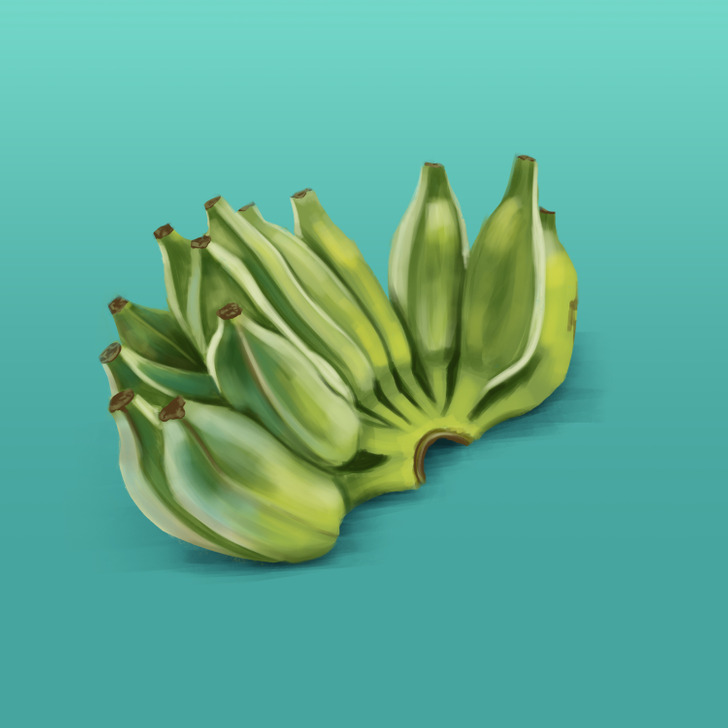
Burro are a lot like Cavendish but shorter and square. They have a dark-green peel that becomes dark yellow with black spots as they ripen.
The flesh is creamy-white or yellow. At first, these bananas are tart and tangy, with notes of apple and lime. As the fruit matures, it becomes sweet on the outside and a bit crunchy on the inside. A ripe Burro tastes creamy-sweet with lemon undertones.
These bananas can be eaten both fresh and cooked. They are used in sweet and salty meals.
Rhino Horn
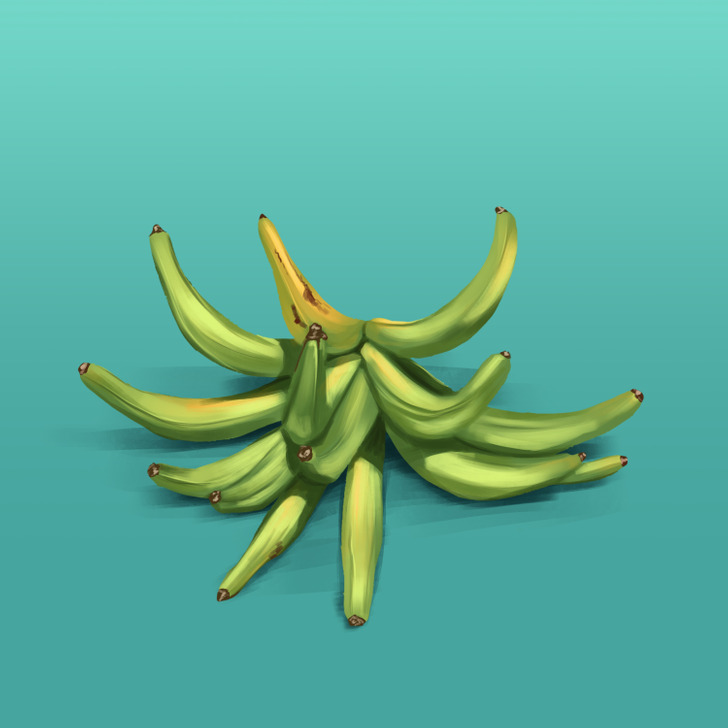
Rhino Horn are the biggest bananas. They have a golden-yellow body with a curved, elongated shape, growing to about 2 ft. in length. The peel is golden-yellow.
They can be eaten fresh and cooked, like for example, baked.
This article is about some of the most interesting banana varieties, but of course, there are more.